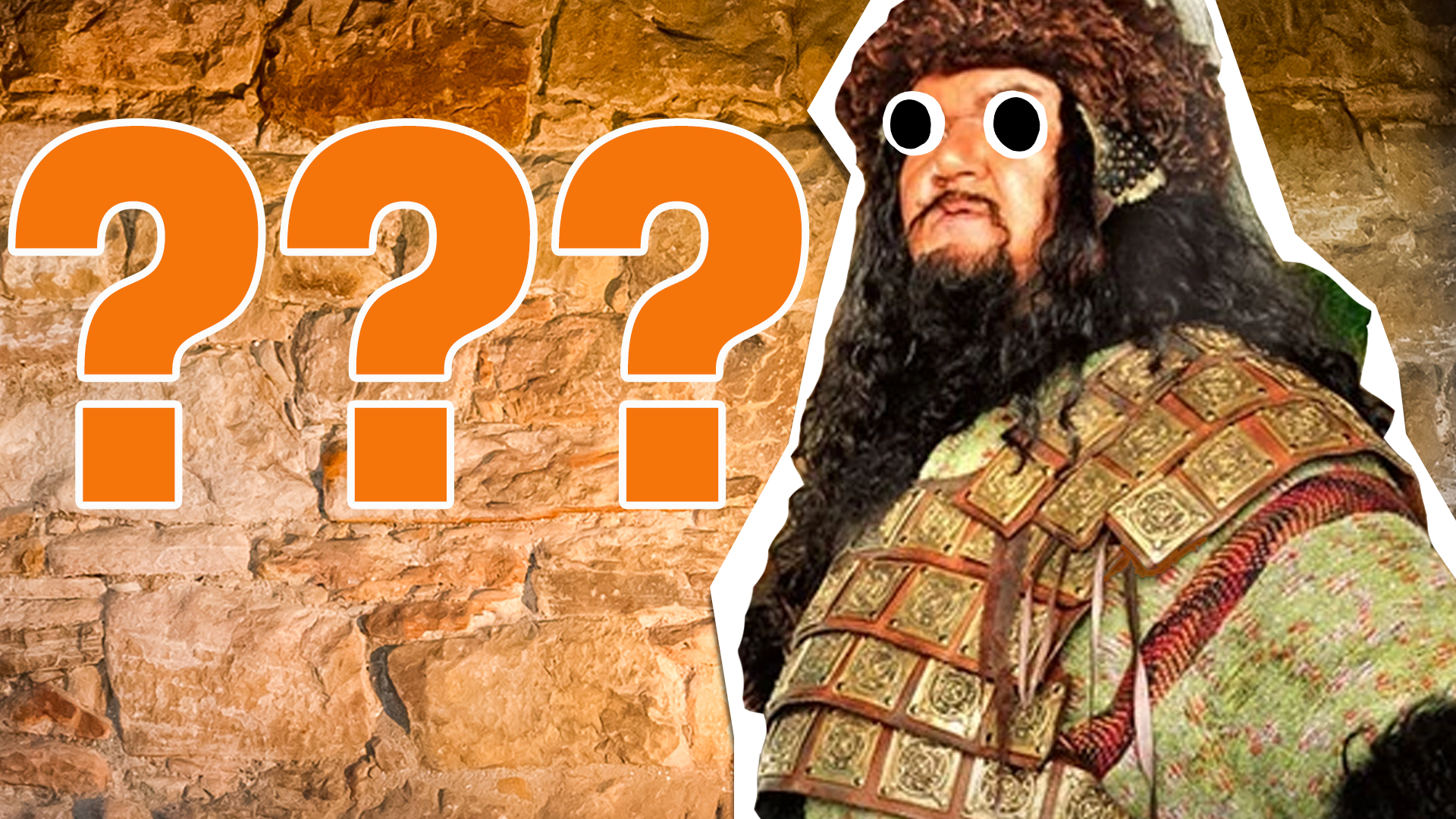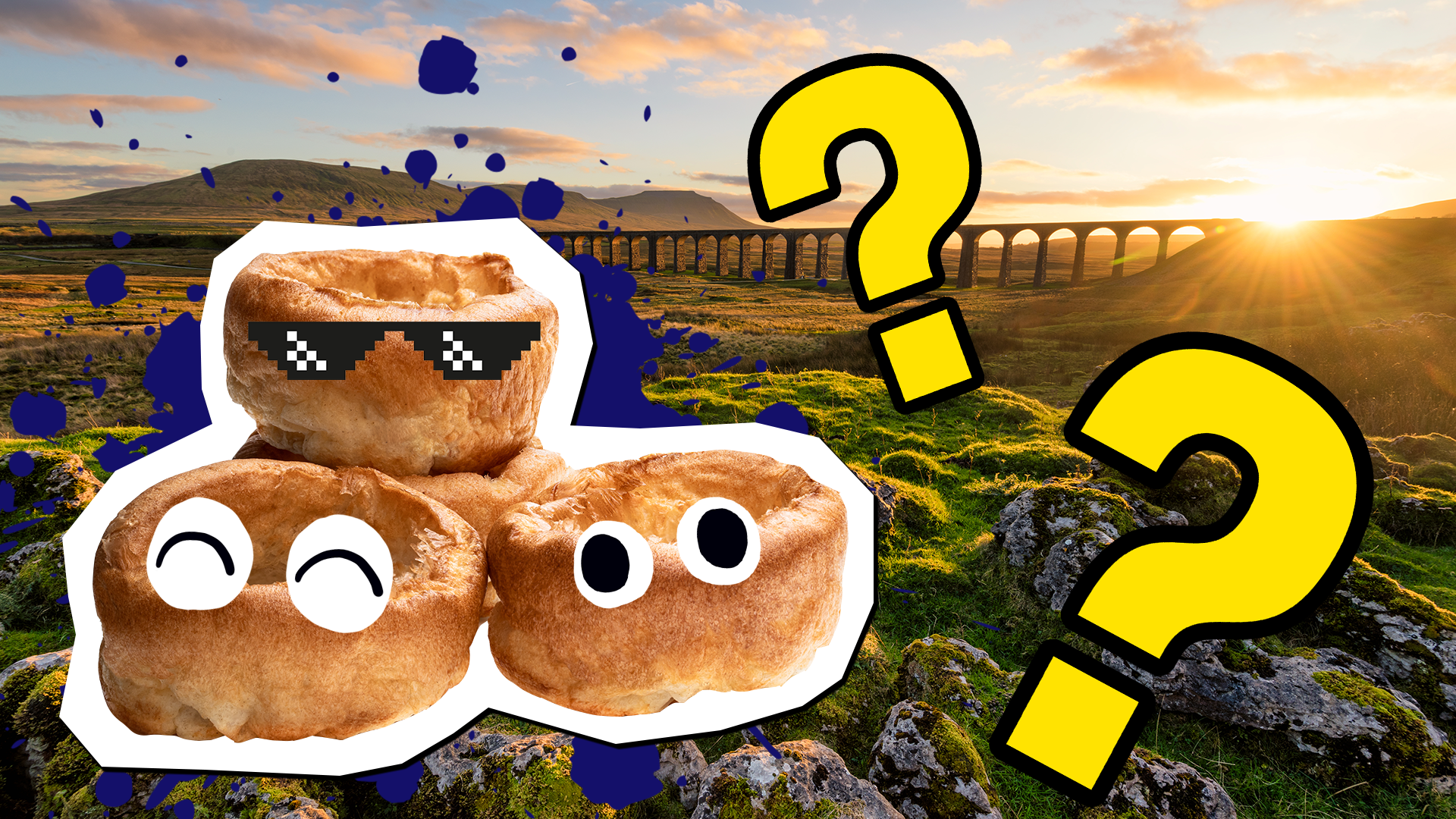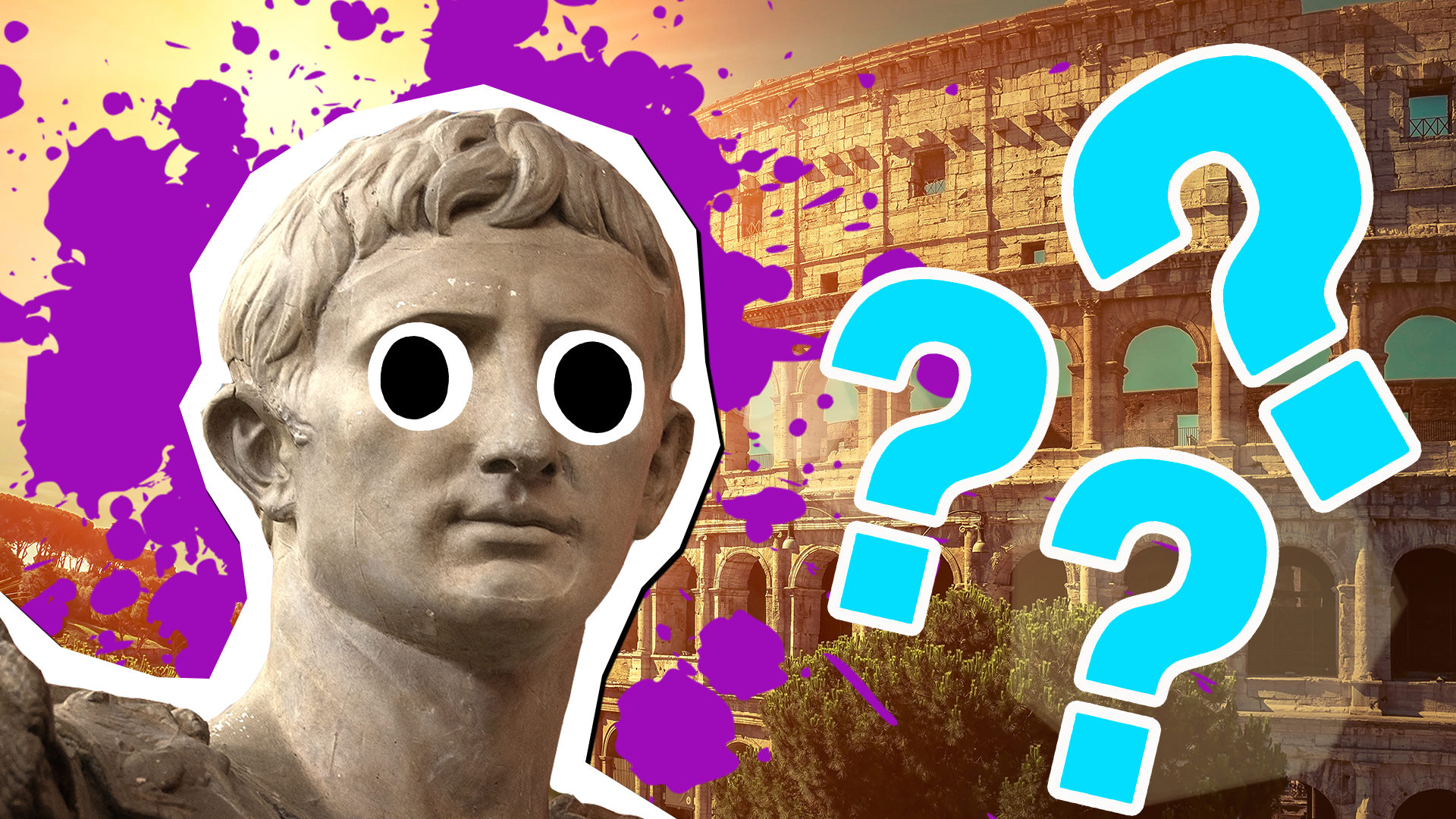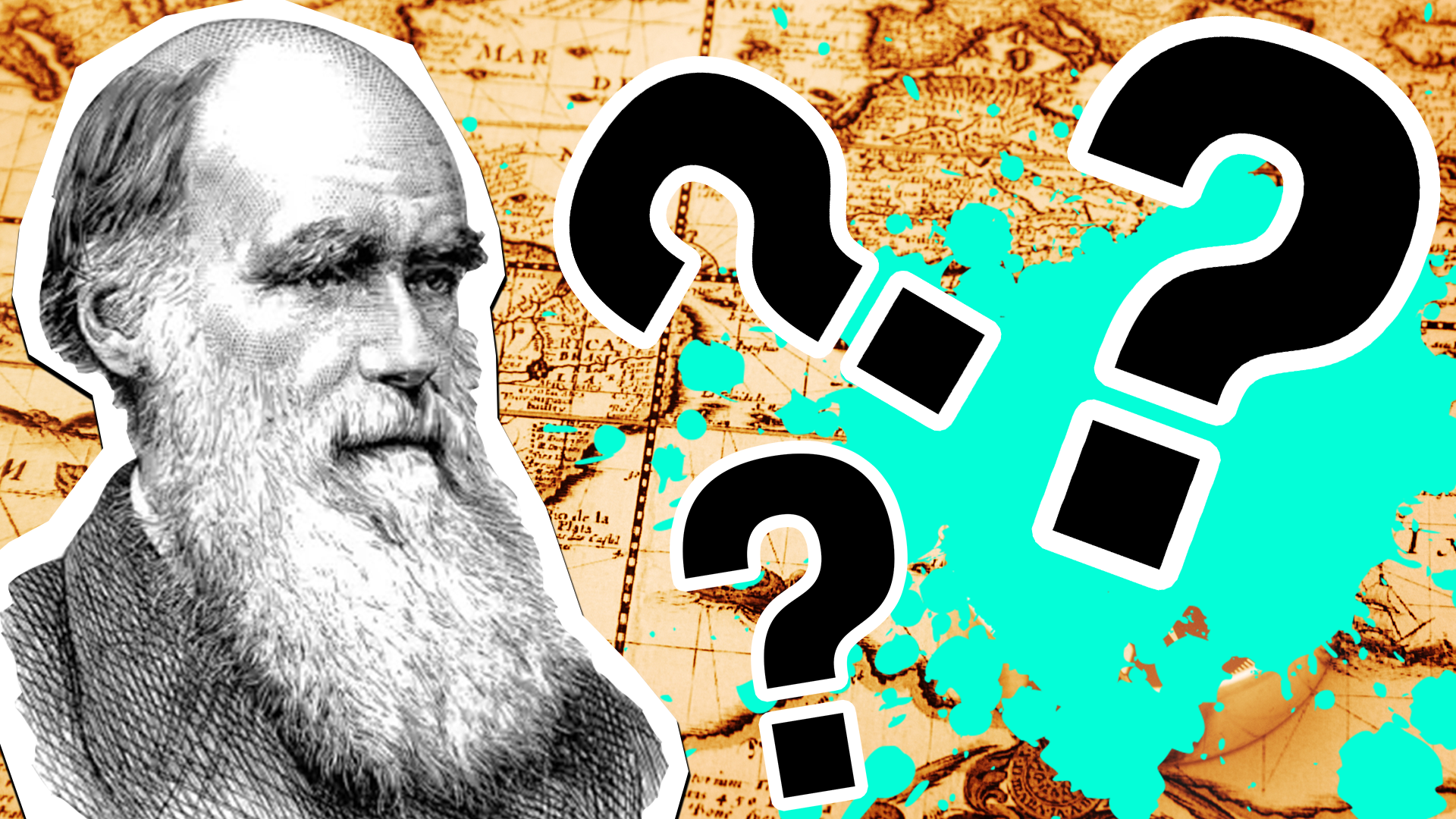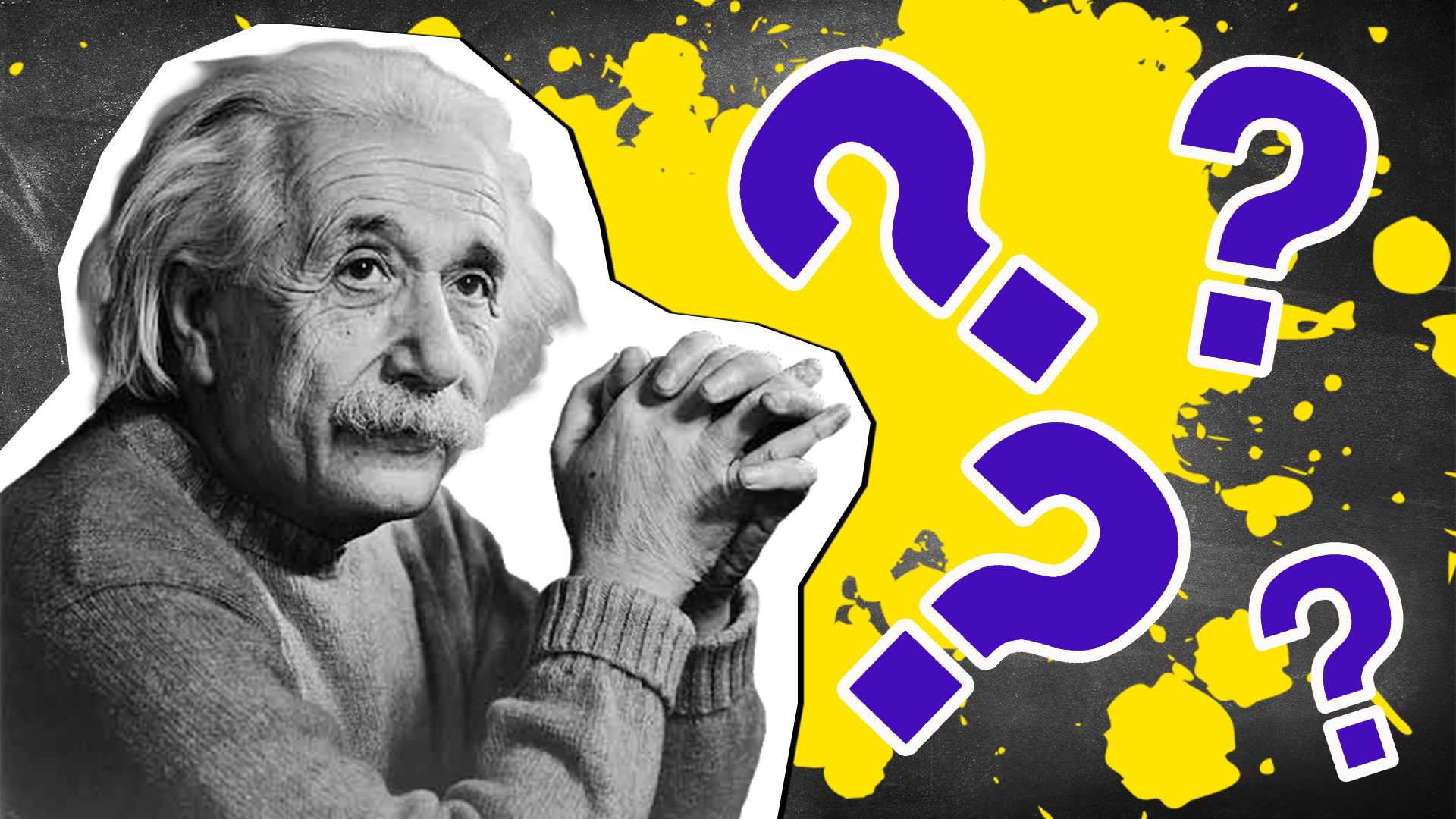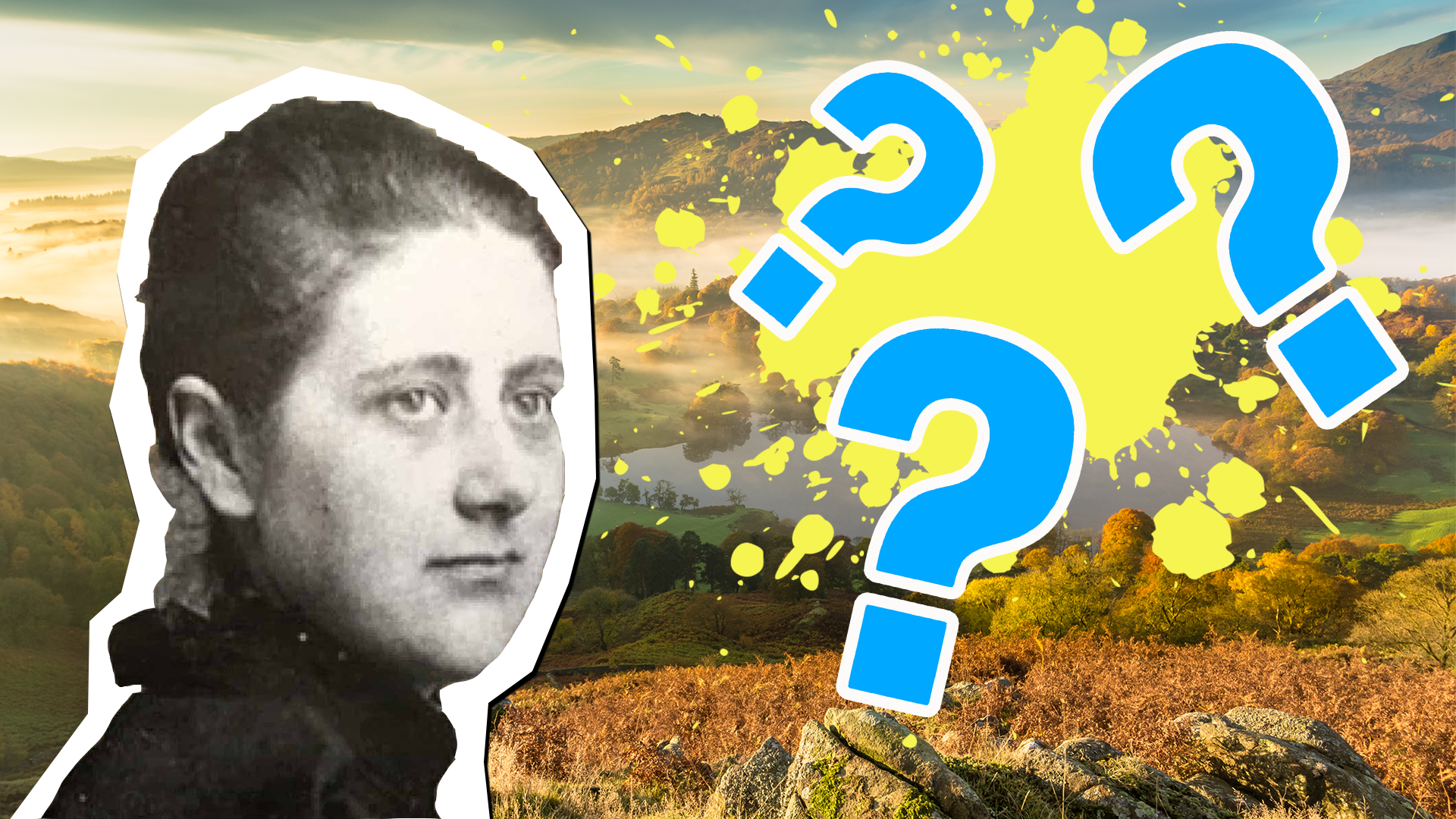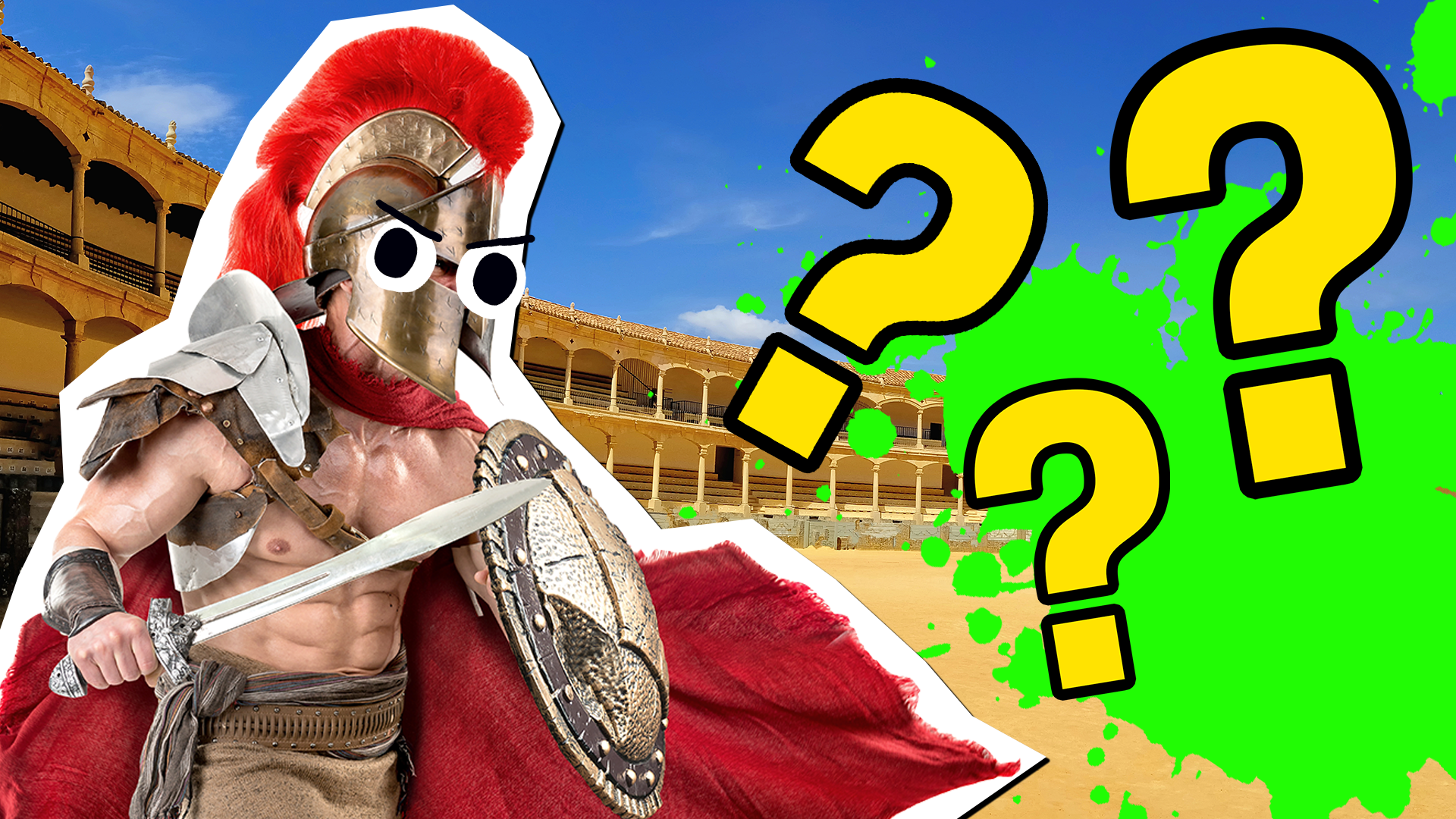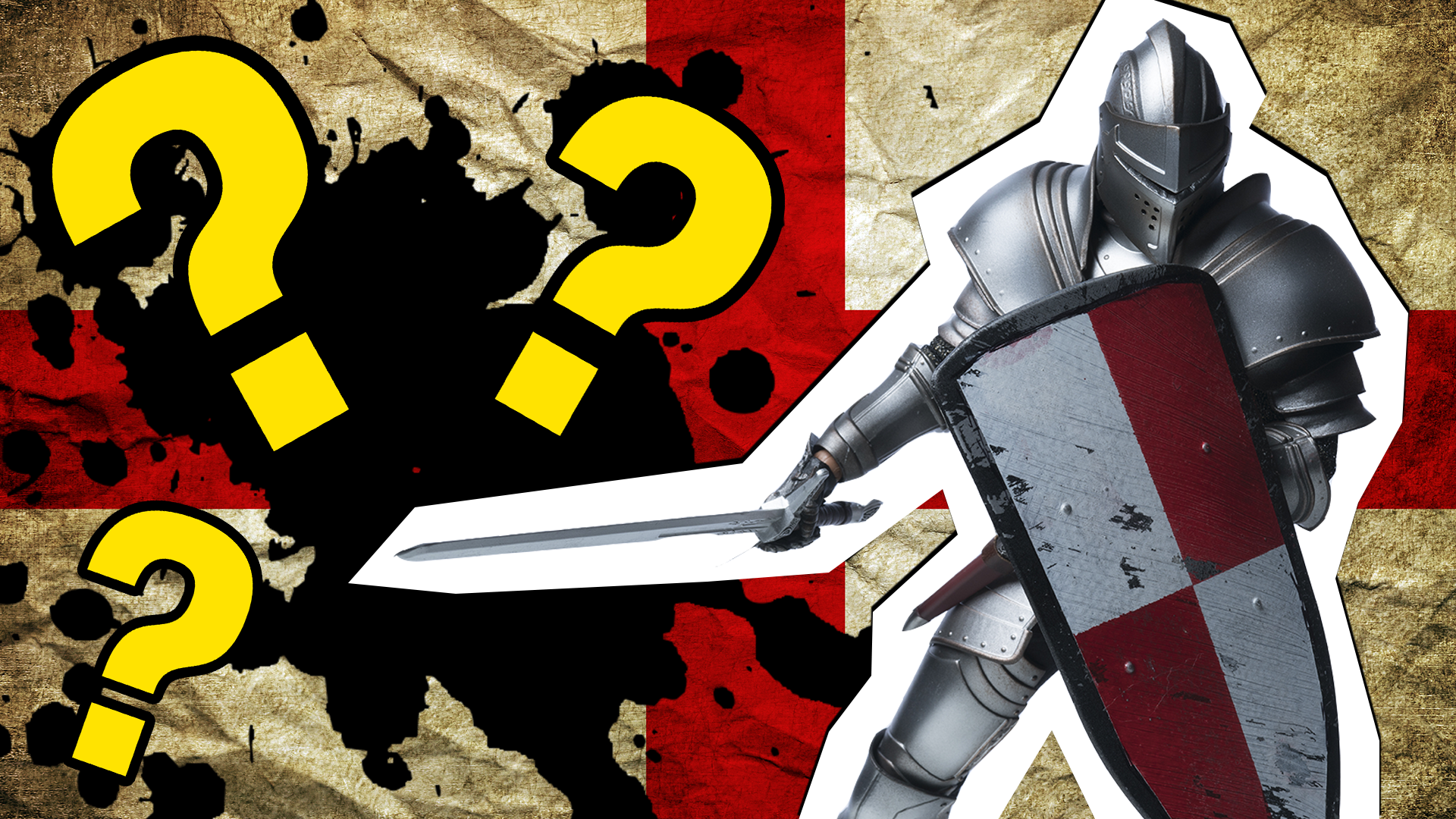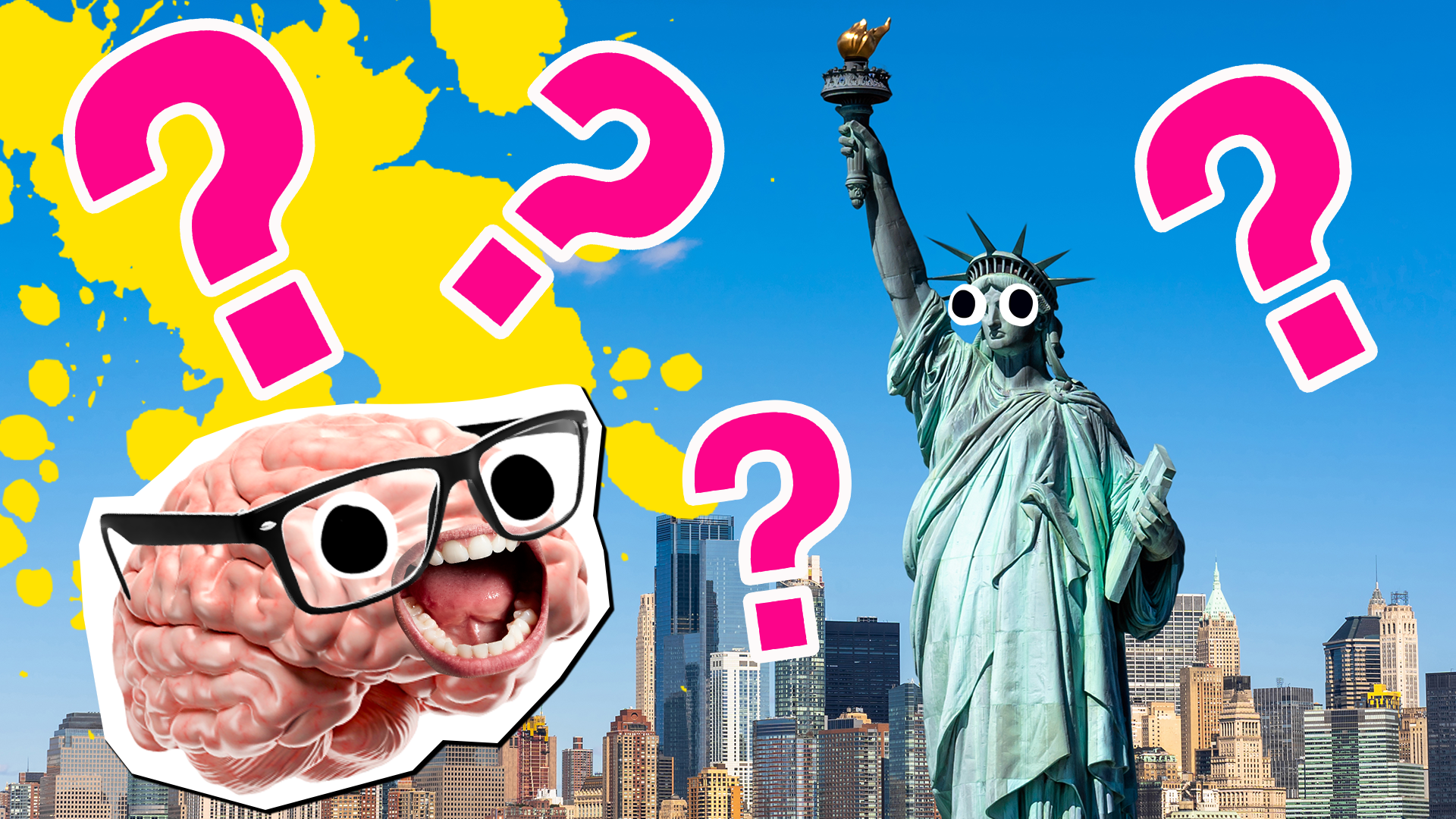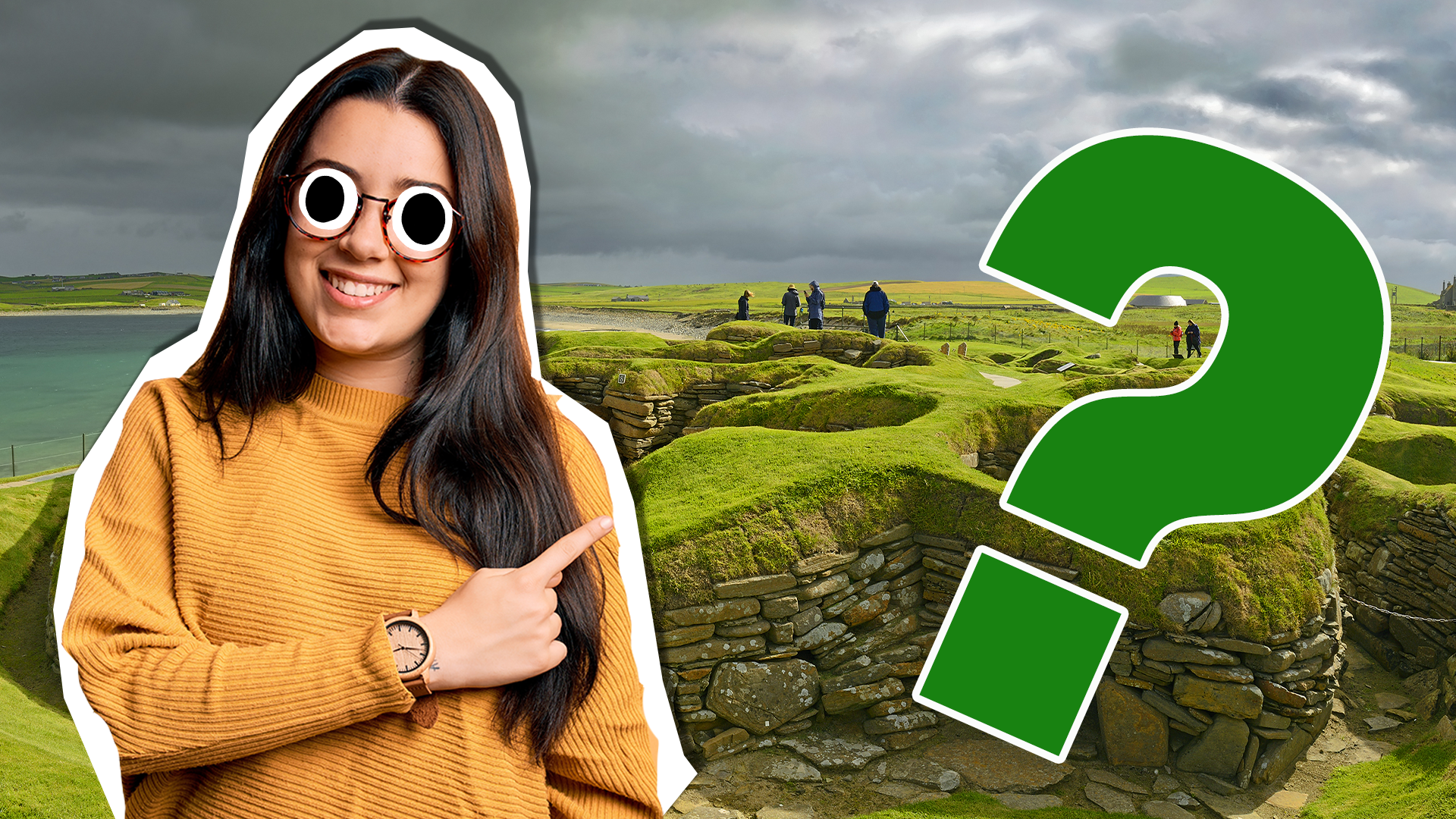15 Fascinating Napoleon Facts
We've got 15 fascinating facts all about Napoleon Bonaparte, Emperor of France! How many of these interesting facts about Napoleon did you already know?
Napoleon is one of the most famous leaders in world history! From his humble beginnings on the island of Corsica to his eventual rise to become Emperor of France, here are 15 awe inspiring facts about one of histories most famous generals! Find out how he became leader, which battles he won, and why he kidnapped not one but two popes! And if you like this, we've got loads more historical facts for you! What about these astonishing Charles Darwin facts? Or how about some gravity defying Isaac Newton facts? We've even got these amazing Martin Luther King facts!
1. He Was From Corsica
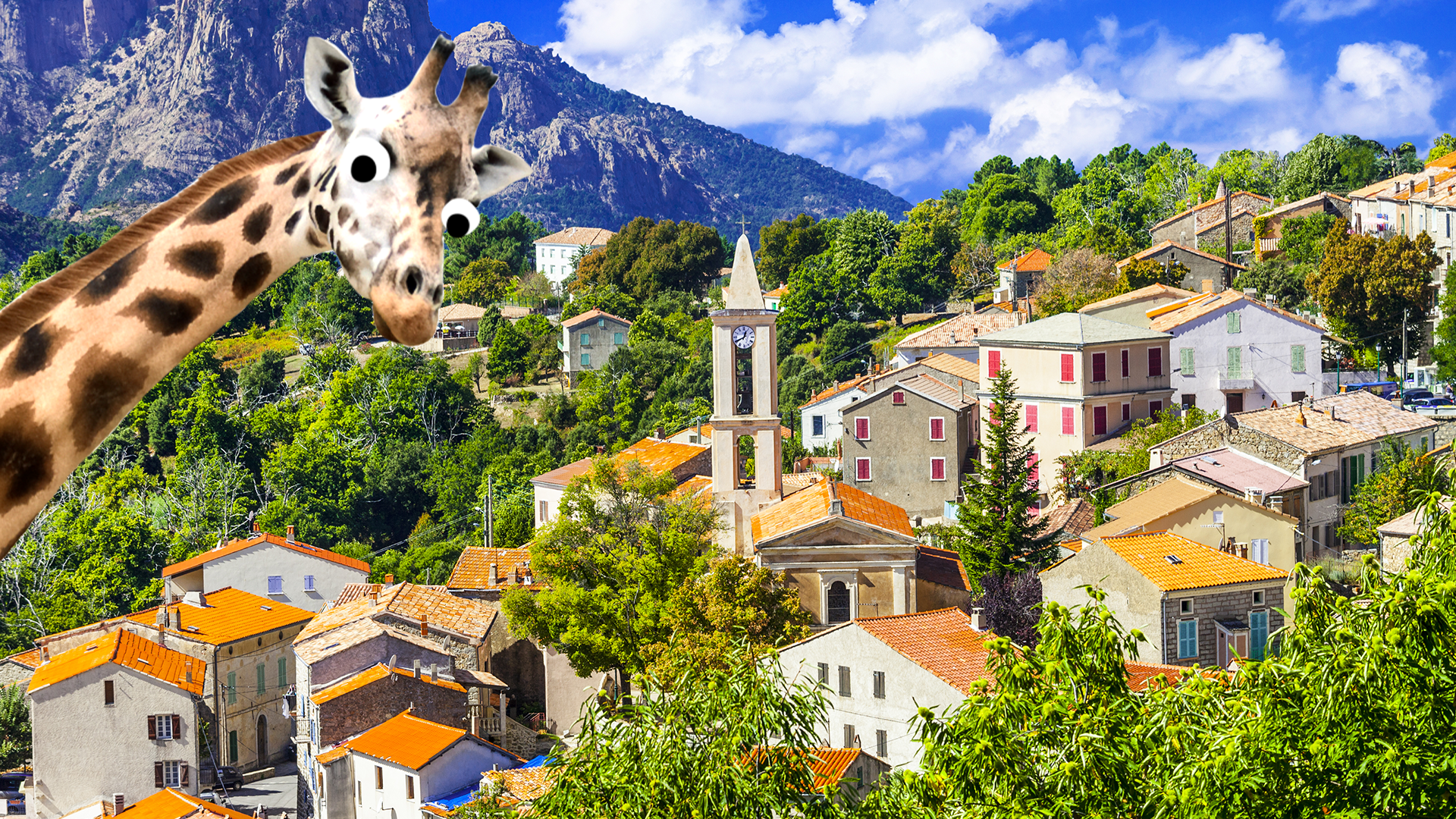
Napoleon Bonaparte was born in 1769 in Corsica. Corsica is an island off the coast of France which is today considered a part of France, but used to belong to Italy. Italy had only just sold it to France when Napoleon was born. He was from an Italian family, and because of Corsica's location, it has its own culture, traditions, language and food. Napoleon never lost his Corsican accent the whole time he was leader of France. In fact, he didn't even learn French until he was a teenager!
2. He Was Born Into Turbulent Times
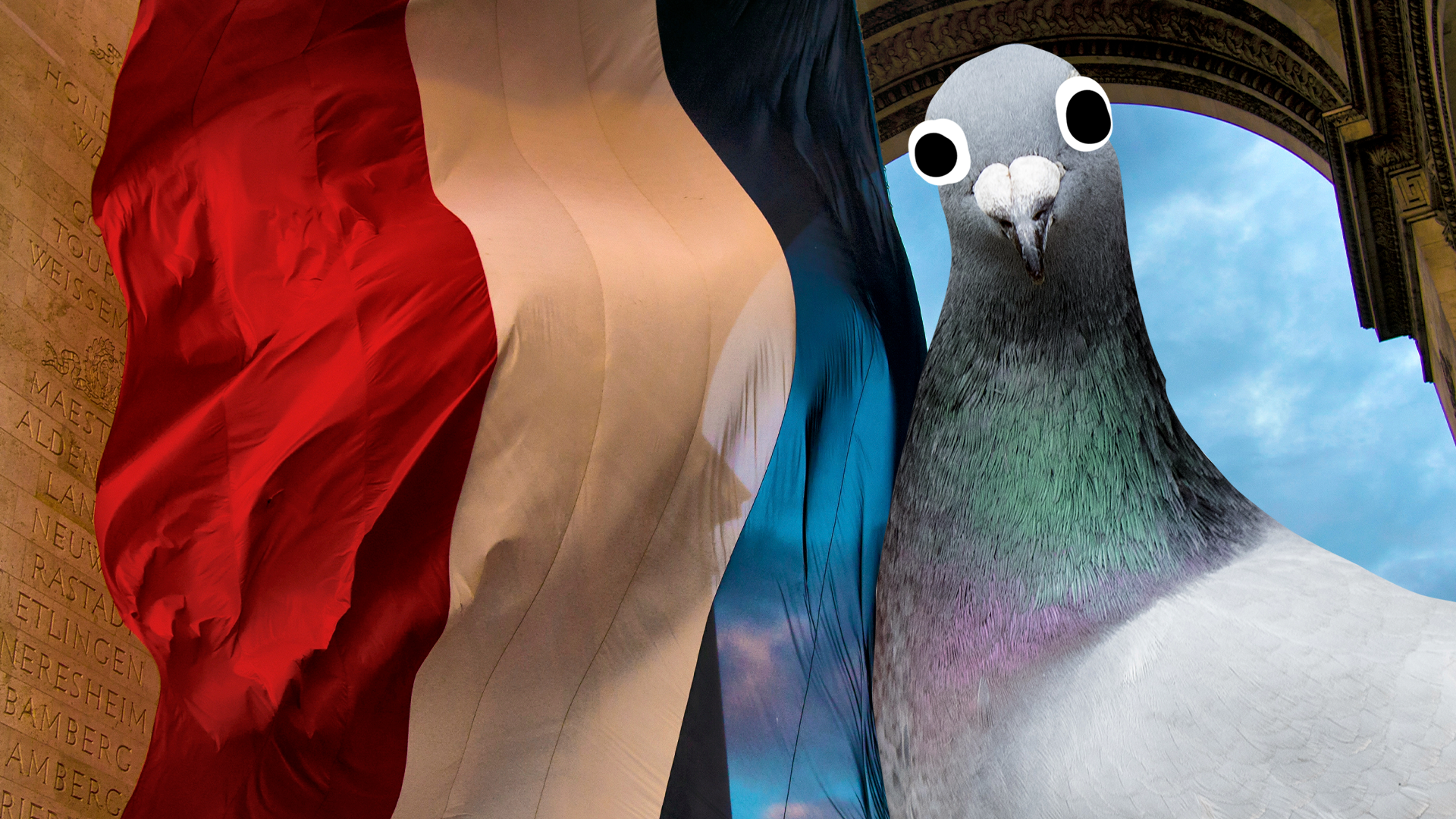
Napoleon was born in the middle of the 18th century, during which time Europe was in a bit of a state. Not only was the French revolution only a few years away, the American revolution had started just four years before he was born, which left Britain without one of its most important colonies. On top of this there was lots of progress and change in politics, science and religion, leading the era to be dubbed 'The Age of Enlightenment'. Must have been a pretty exciting time to grow up!
3. He Was Originally Anti-French

Growing up, Napoleon was actually a Corsican nationalist, which meant that he believed Corsica should be independent and not ruled by France or Italy. So he actually didn't like France at all! It wasn't until he grew up and went to military school in France that he started to get excited about it.
4. He Worked His Way Up To Leader of France
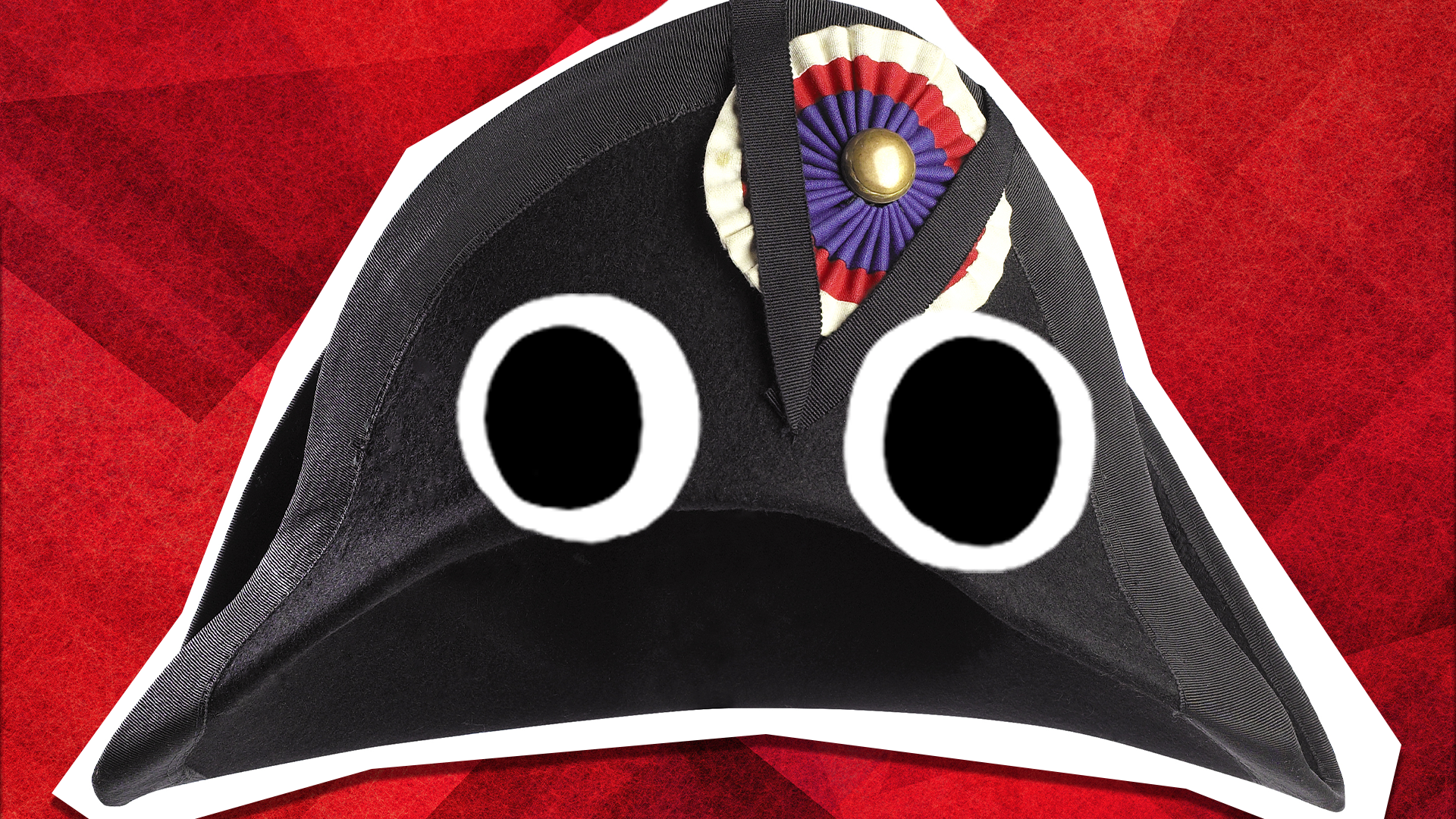
Napoleon spent years in the army, training and getting promoted, until eventually he became Consul of France in 1800, which is sort of like being the president. He was popular with other soldiers for his military skills and tactics, winning battles for France and impressing his enemies. But being Consul wasn't enough for Napoleon...
5. He Made Himself Emperor
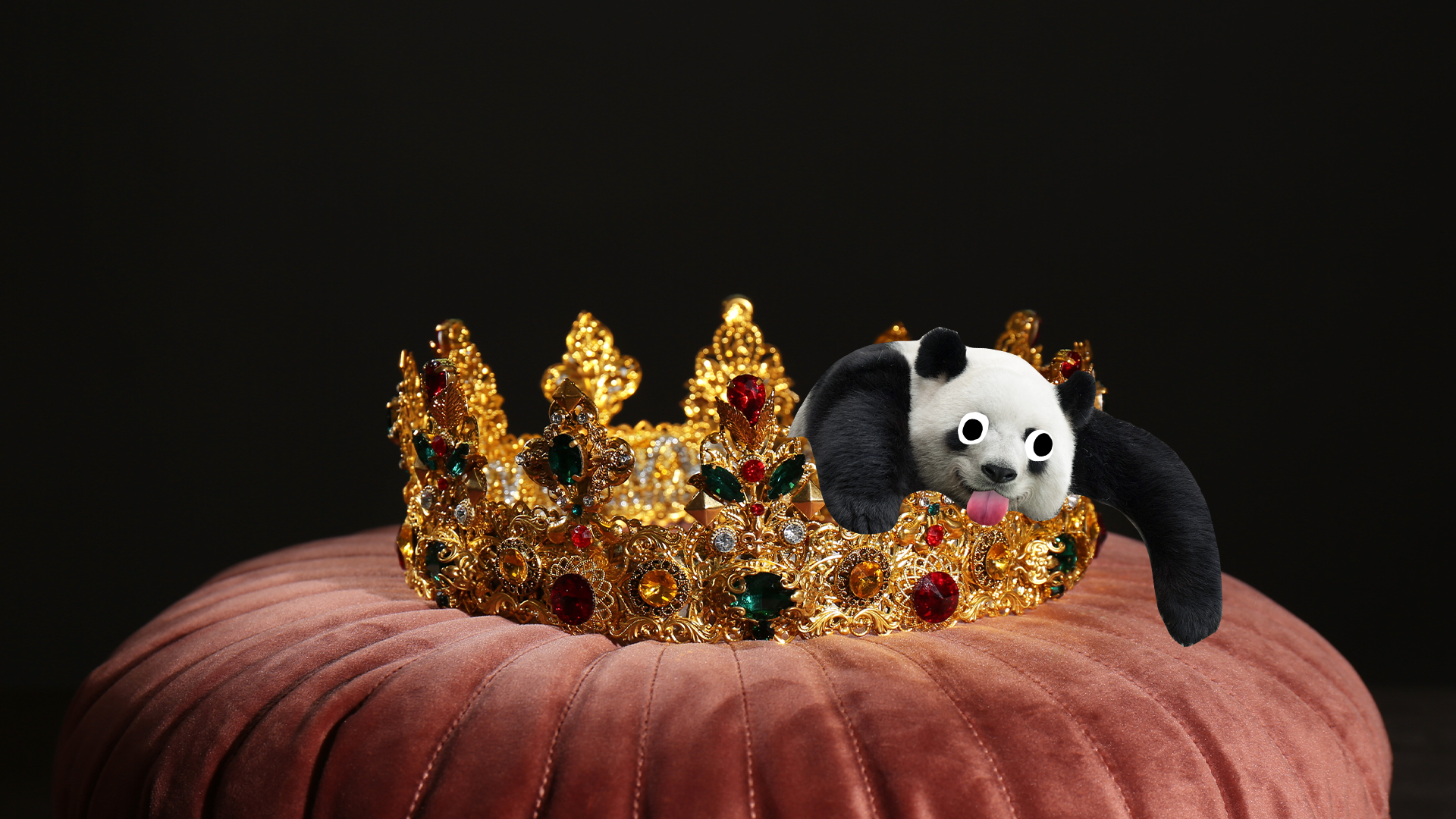
In 1804 Napoleon had himself declared Emperor of France. This caused a bit of a stir, because France had only just had a revolution to get rid of kings and queens, and now they had an emperor! He was crowned in Notre Dame cathedral in Paris, and immediately got to work giving himself more powers and the French parliament less.
6. He Nearly Married the Queen of Sweden
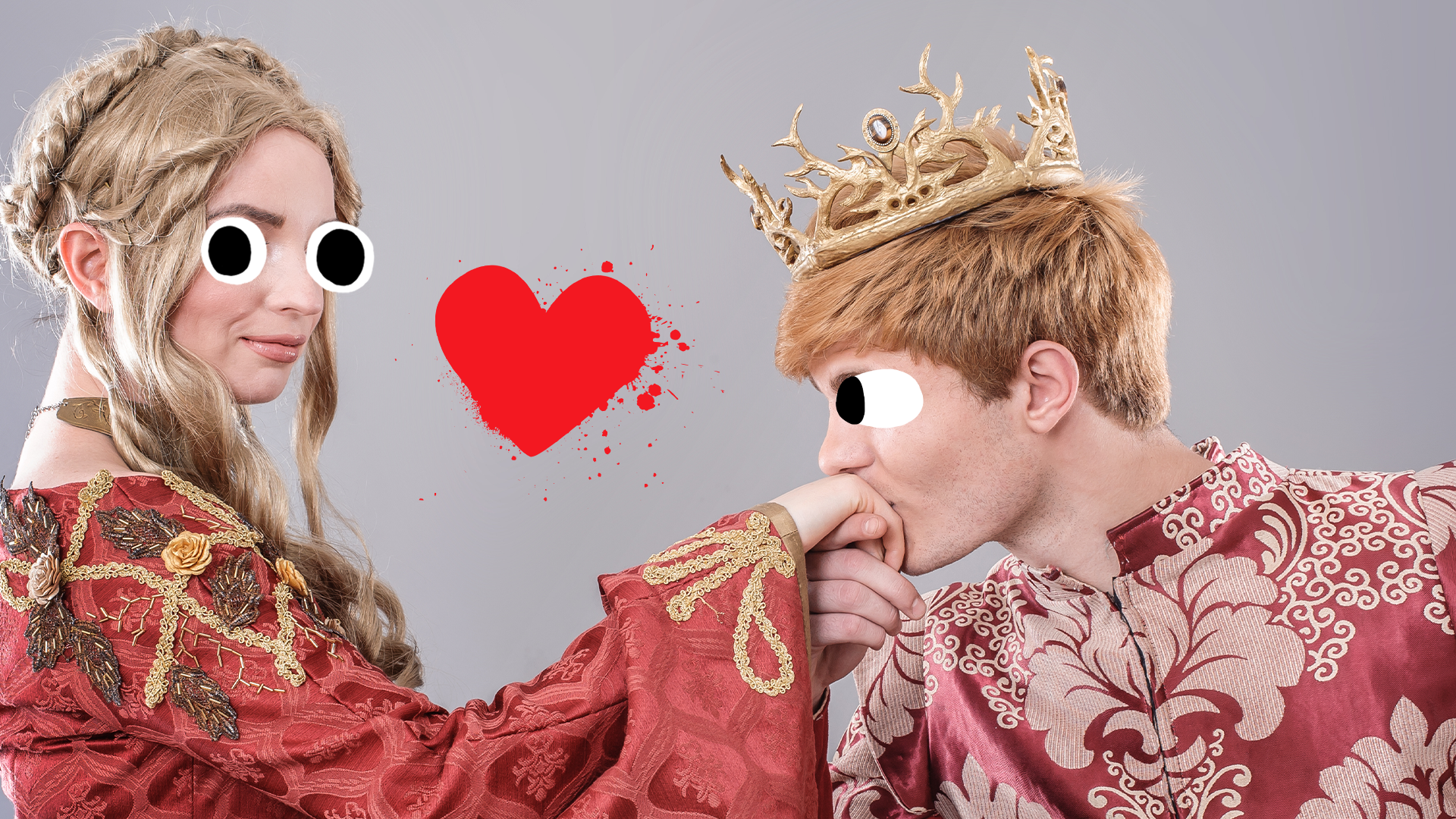
Nowadays we tend to think of the famous Empress Josephine as Napoleon's main love interest, but did you know at one point he was engaged to the future queen of Sweden? He met Desiree Clary in 1895, and only broke off his engagement to her when he met Josephine. Desiree would go on to marry Jean-Baptiste Bernadotte, who would later be crowed King Charles XIV of Sweden!
7. He Shared Europe With His Family
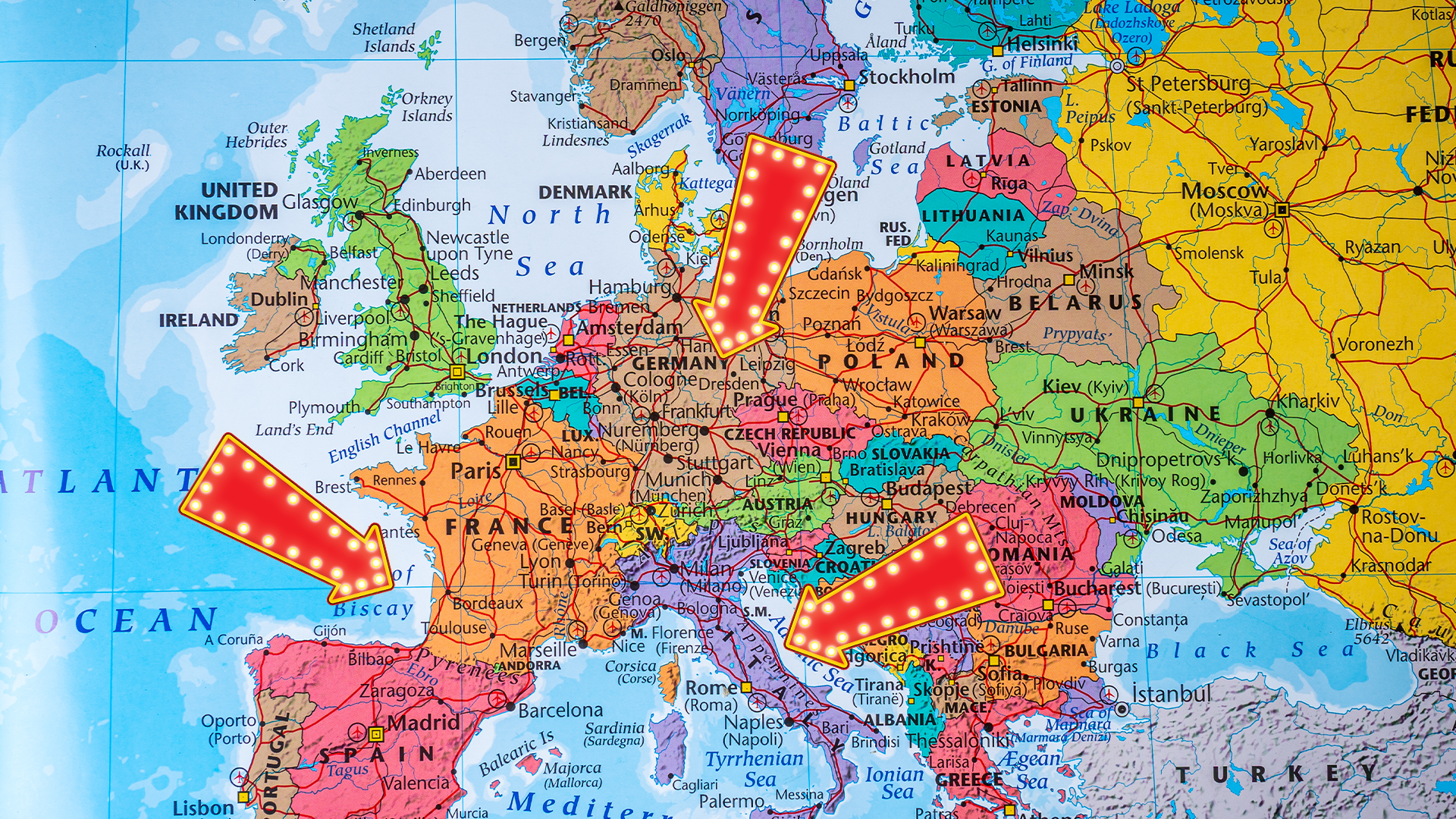
Napoleon wanted to conquer all of Europe, but he was nice enough not to keep it to himself. Instead, he made his seven brothers and sisters rulers of different places he conquered. He made his brother Joseph the King of Naples, his sister Caroline the Duchess of Cleves, and his brother Louis King of Holland, just to name a few! Would you share Europe with your siblings?
8. He Wasn't That Short
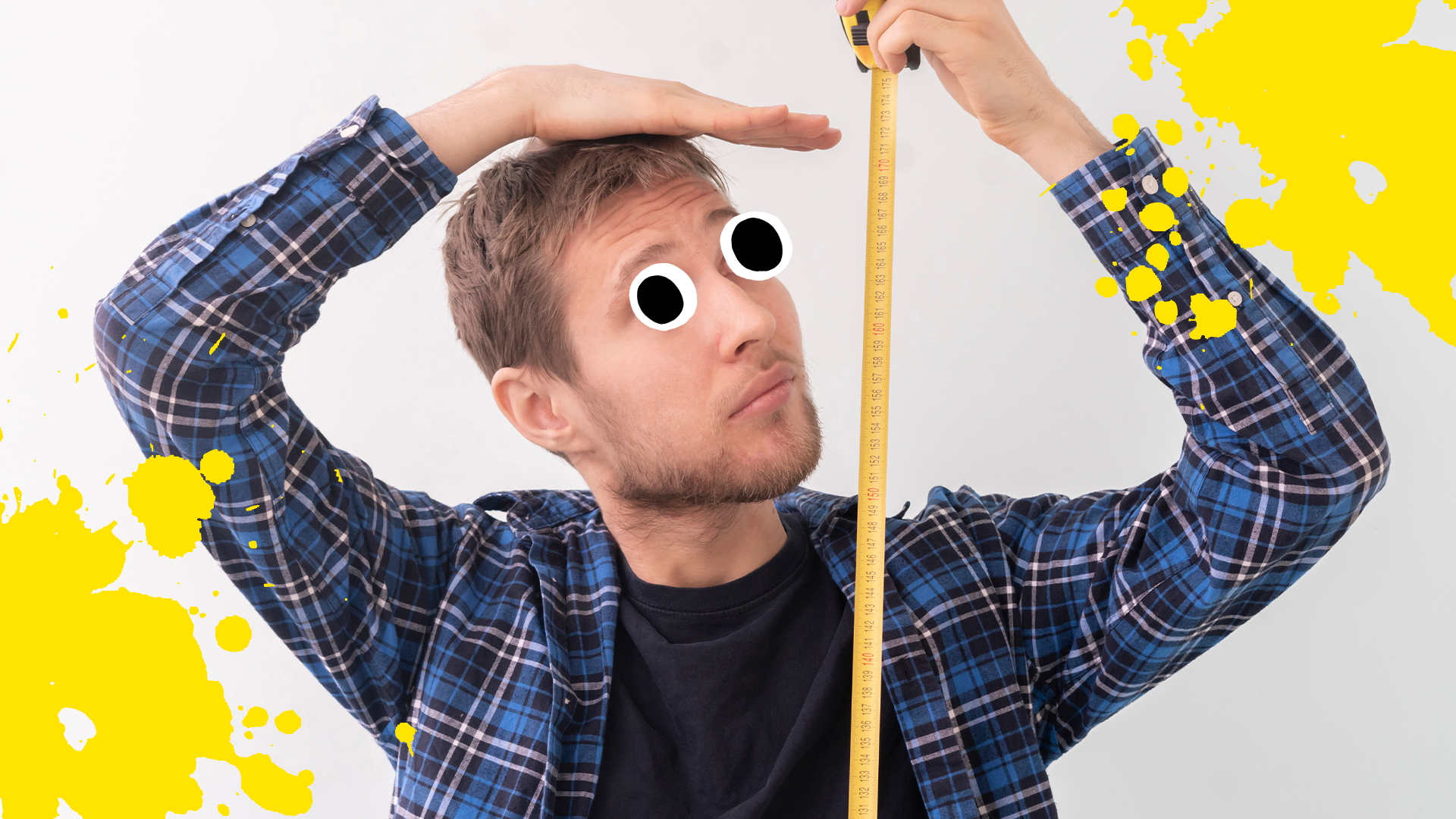
If you know anything about Napoleon, you know that he was famously short. There's even a condition whereby shorter men are apparently more insecure, the 'Napoleon Complex' named after him. But maybe he wasn't that short after all! In modern measurements, Napoleon was 5 foot 6 inches tall, which was about average for men of the time! Today most historians think his shortness was exaggerated by his enemies to make him seem less powerful.
9. He Was Responsible for the Napoleonic Code
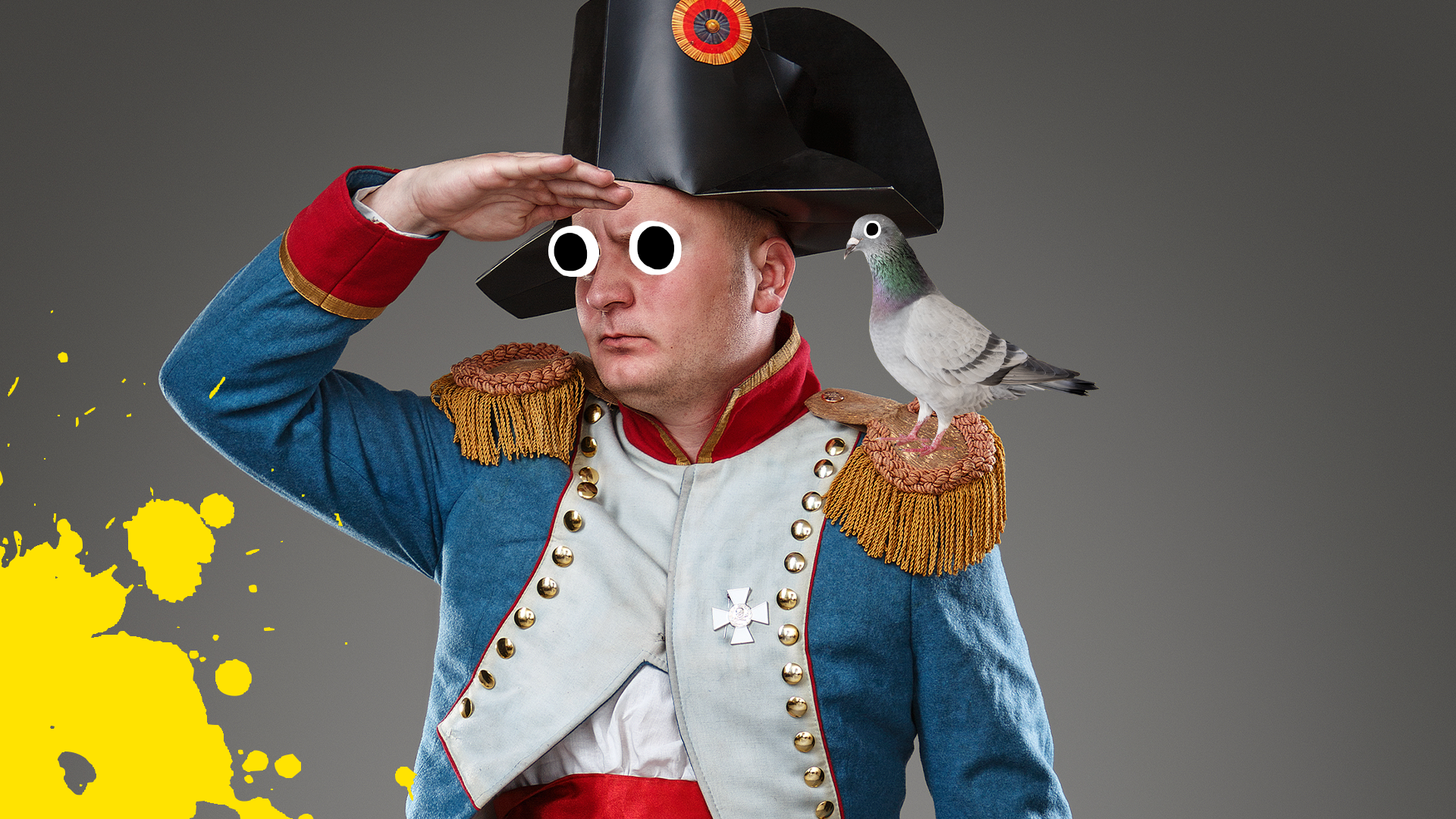
The Napoleonic code was a new set of laws introduced by Napoleon during his rule. These laws updated many of the rights of the people of France, and was also known as the Civil Code. They established more rights for the common man (who up until then had basically no rights) but they didn't make life much better for women, children or enslaved people in the French empire.
10. He Won a Lot of Battles
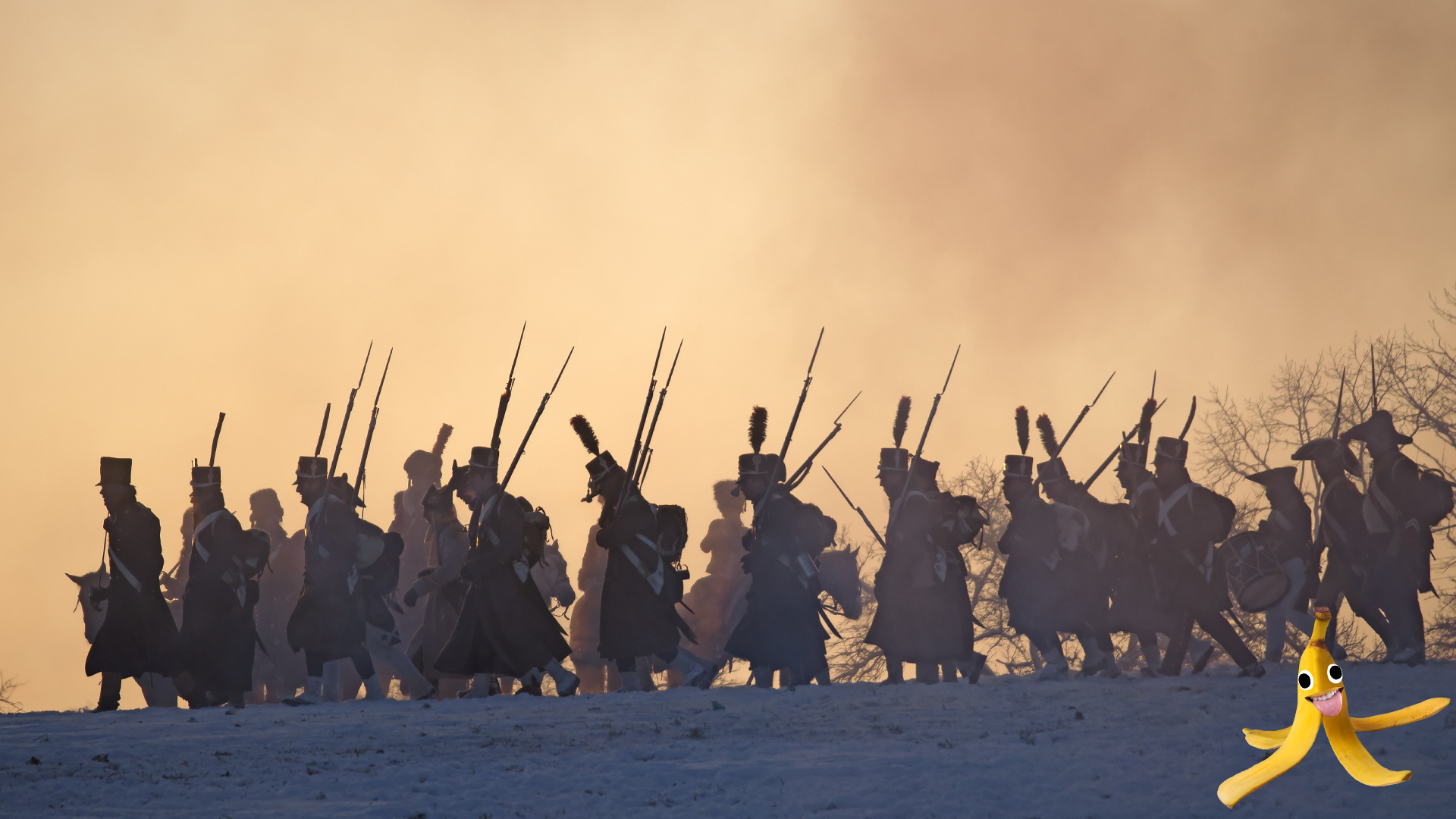
Napoleon was VERY good at his job, which was mainly to win lots of big military battles and impress people. Some of his biggest victories included the Battle of the Pyramids, the Battle of Austerlitz and the Battle of Friedland. However, he would also lose several important military campaigns, such as the Battle of Trafalgar against the British, and his attempts to defeat Russia.
11. He Kidnapped the Pope

Two popes in fact! Firstly, during the revolutionary wars in 1796, Napoleon led an army to capture Rome and take its Pope, Pius VI prisoner. He was held for three years before dying. He then kidnapped the new pope in 1812, Pope Pious VII, who was held in France until Napoleon's resignation in 1814. Why did he do this? Basically, Napoleon knew that the Catholic church had lots of power and influence in Europe, and he needed to show it who was boss.
12. He Was Exiled - Twice!
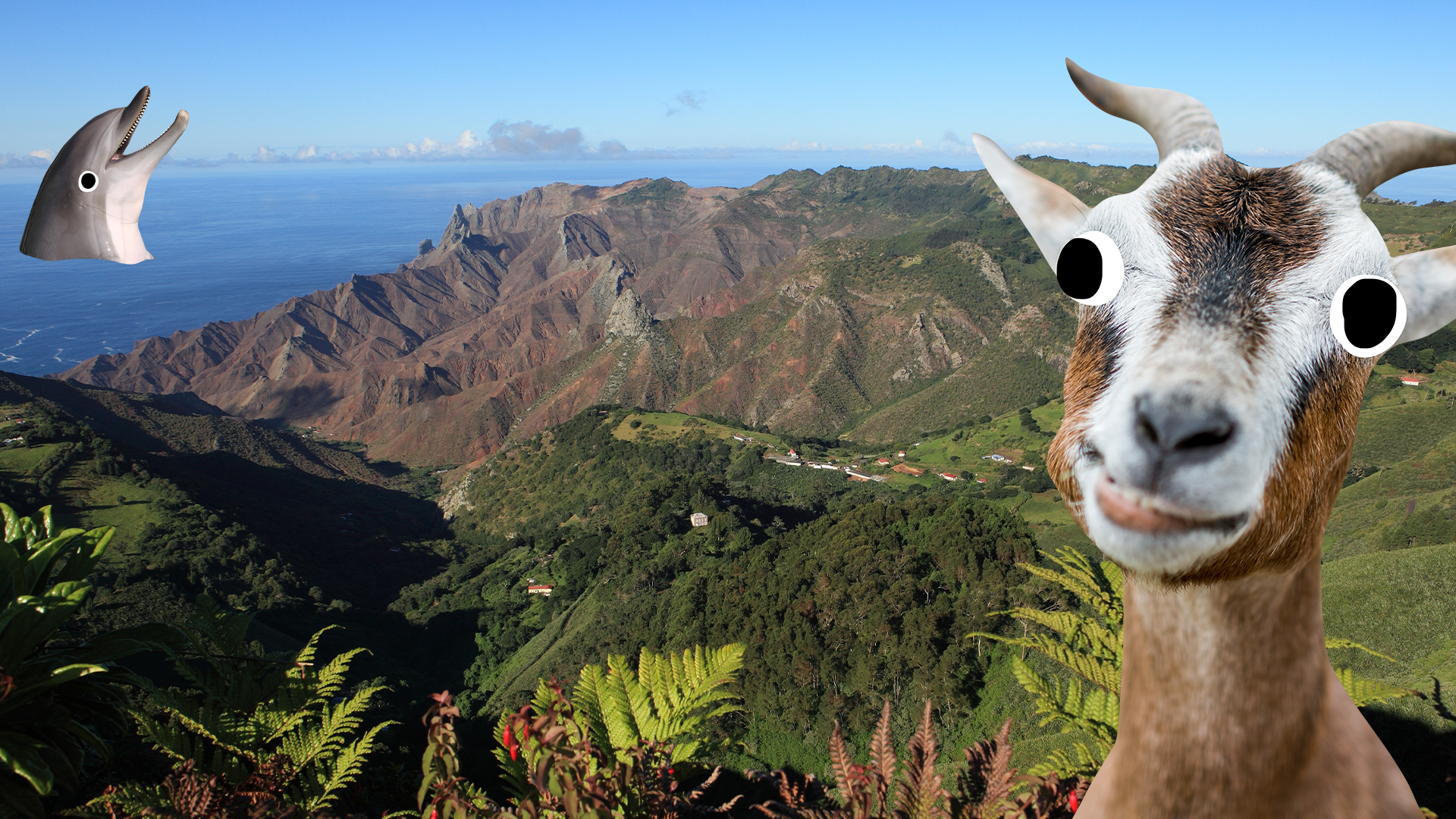
After his abdication in 1814, Napoleon was sent into exile on the island of Elba, an Italian island under French control. But he only stayed on Elba for ten months, afterwards escaping and planning his comeback. After his final defeat at Waterloo in 1815 he was exiled again, this time to an island called St. Helena in the South Atlantic.
13. He Took the Rosetta Stone From Egypt
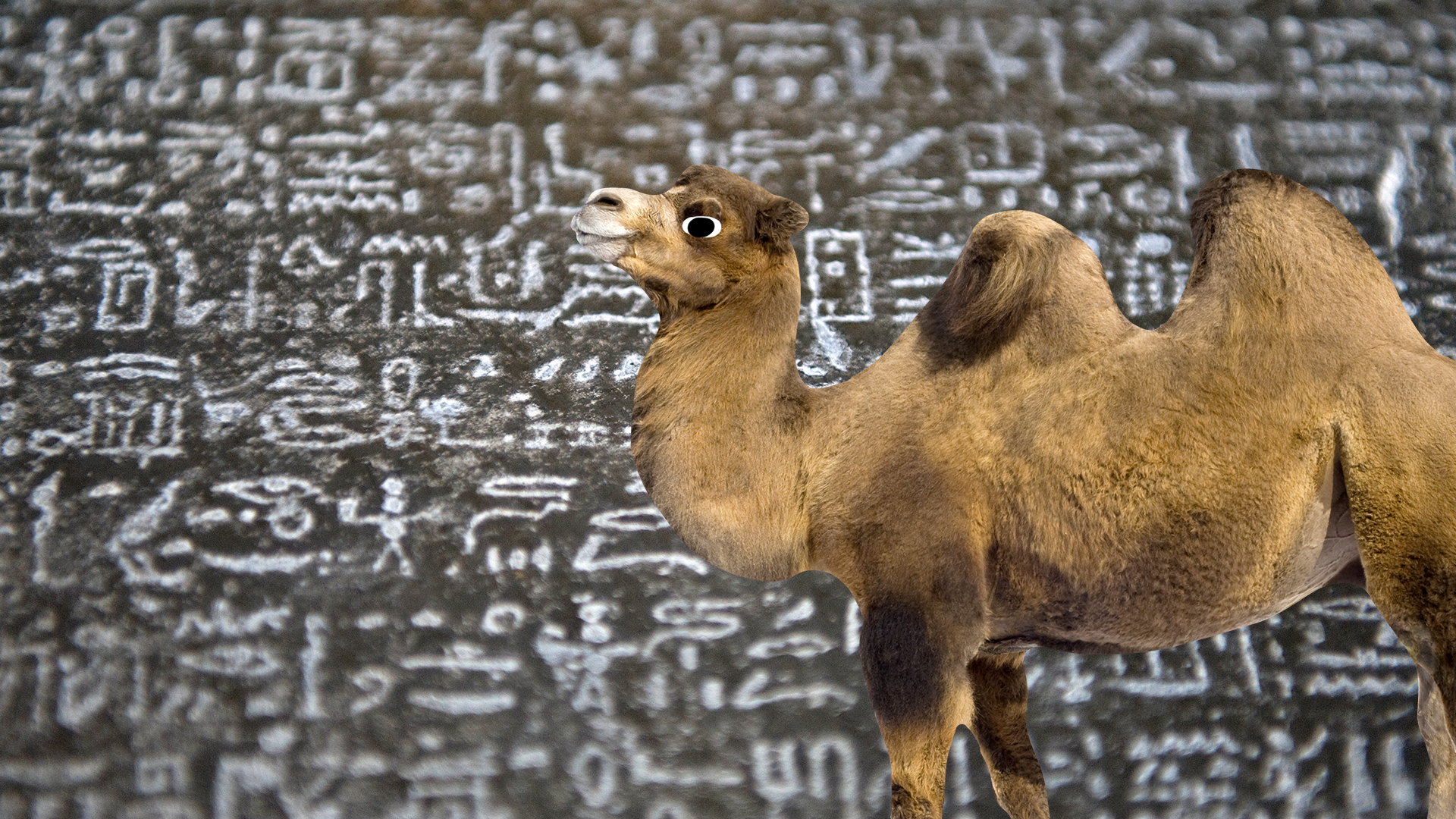
The Rosetta Stone is one of the most famous and important artefacts in the world. It's a giant stone tablet containing texts in several languages, and its become the key to translating ancient languages such as hieroglyphs. It was soldiers in Napoleon's army who originally discovered it in Egypt in 1799, after which it was captured by the British. Today the Rosetta stone is still in the British Museum in London.
14. He Might Have Been Poisoned
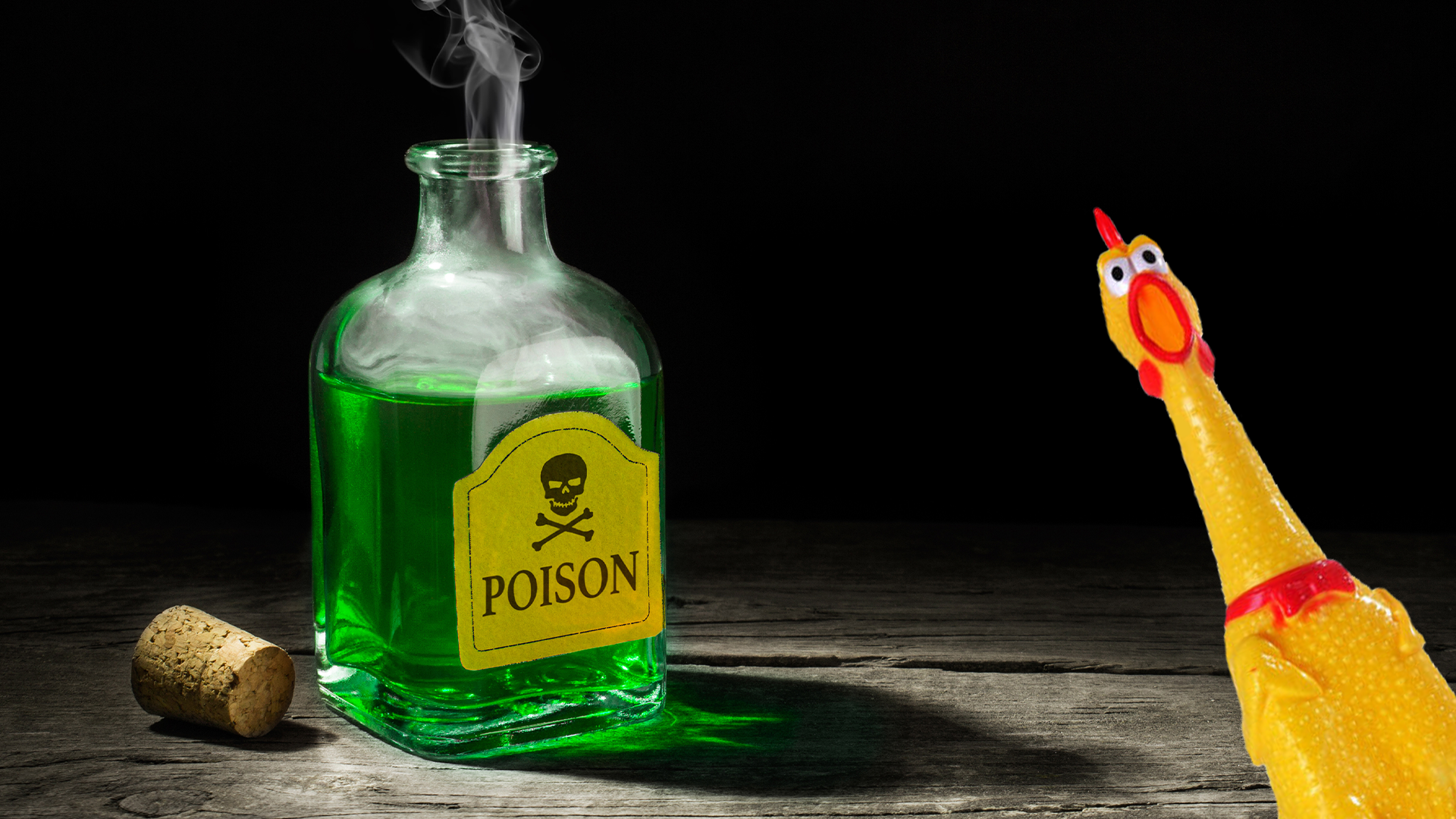
Napoleon died in 1821, 6 years after his exile to St Helena. Even today, facts surrounding his death remain mysterious. No one is exactly sure what killed Napoleon, who was only in his 50s at the time. Some people think that he may have been poisoned by his enemies, although most historians now agree that he probably died of natural causes. He was buried in St Helena but in 1861, his body was brought to France where it still lies today.
15. He is Still Very Famous Today
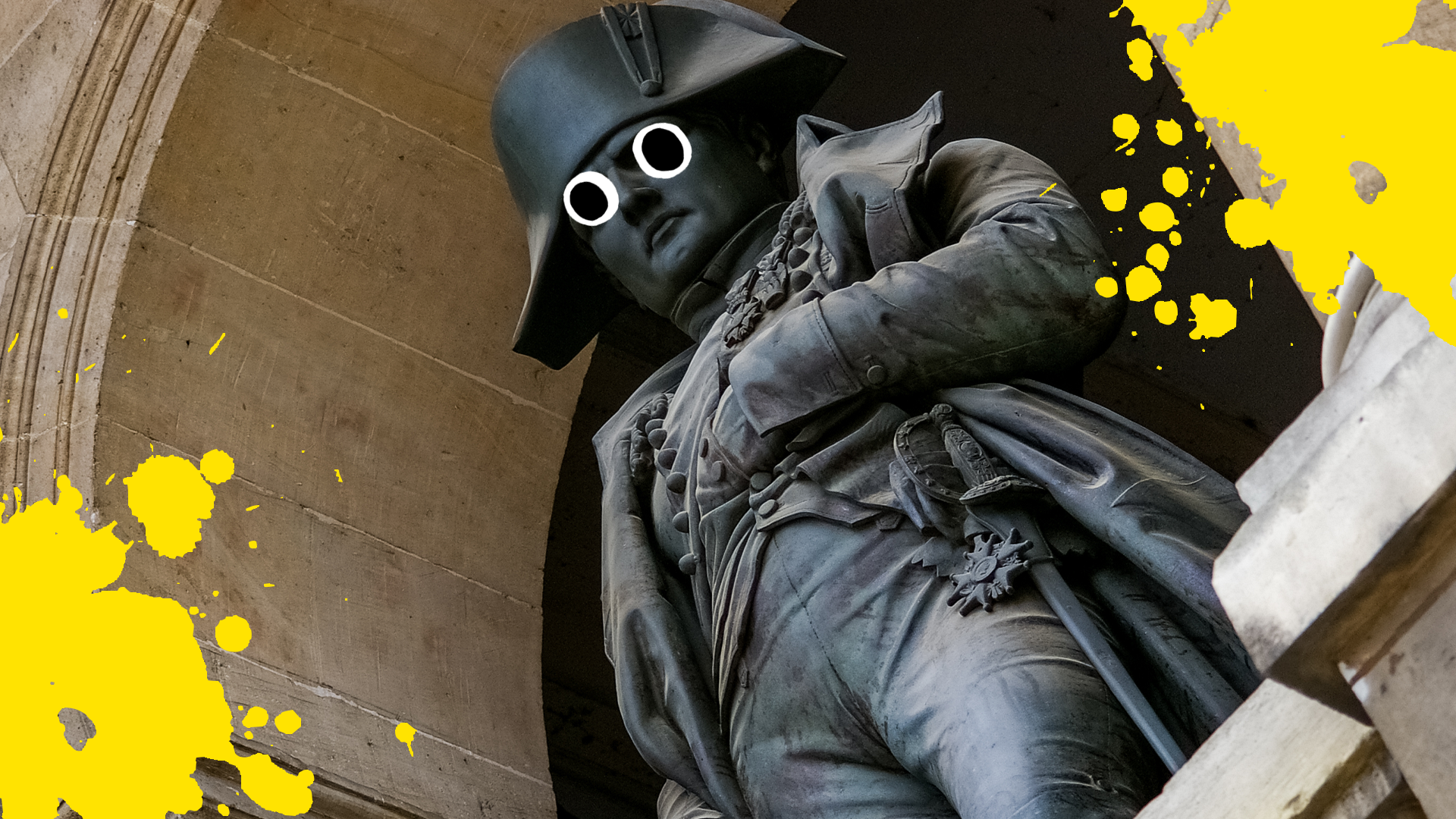
In fact, he's so famous that most people only know him by his first name - Napoleon! Many books and films have been made about Napoleon, and he's been played by famous actors such as Marlon Brando, Ian Holm and Claude Rains!






